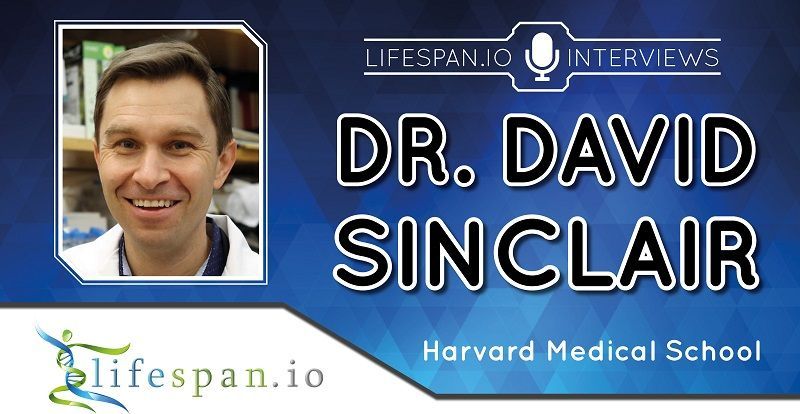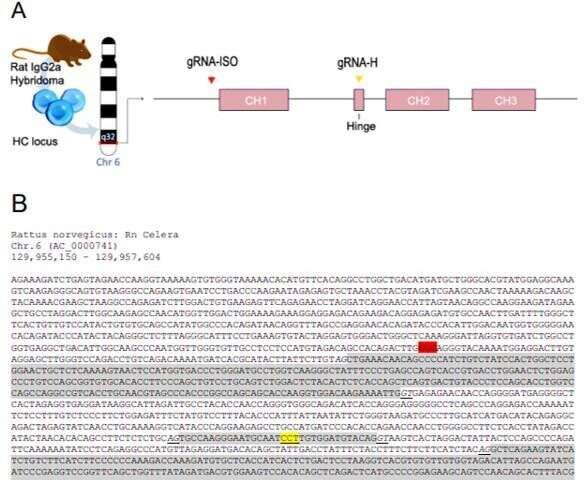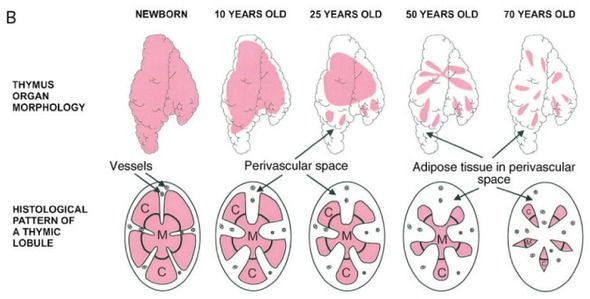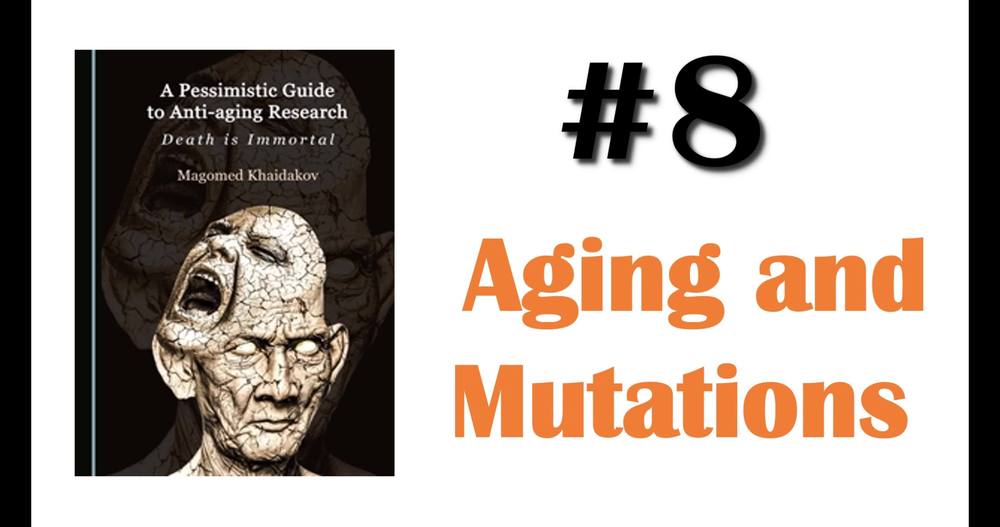Researchers at Mayo Clinic have identified the enzyme, called CD38, that is responsible for the decrease in nicotinamide adenine dinucleotide (NAD) during aging, a process that is associated with age-related metabolic decline. Results demonstrated an increase in the presence of CD38 with aging in both mice and humans. The results appear today in Cell Metabolism.
“As we age, we experience a decline in our metabolism and metabolic function. This increases the incidence of age-related metabolic diseases like obesity, diabetes and others,” says Eduardo Chini, M.D., Ph.D., anesthesiologist and researcher for Mayo Clinic’s Robert and Arlene Kogod Center on Aging and lead author of the study. “Previous studies have shown that levels of NAD decline during the aging process in several organisms. This decrease in NAD appears to be, at least in part, responsible for age-related metabolic decline.”
In this study, researchers at the Center on Aging have shown that CD38, an enzyme that is present in inflammatory cells, is directly involved in the process that mediates the age-related NAD decline. Comparing 3- to 32-month-old mice, researchers found that levels of CD38 increased at least two to three times during chronological aging in all tissues tested, including the liver, fat, spleen and skeletal muscle.








